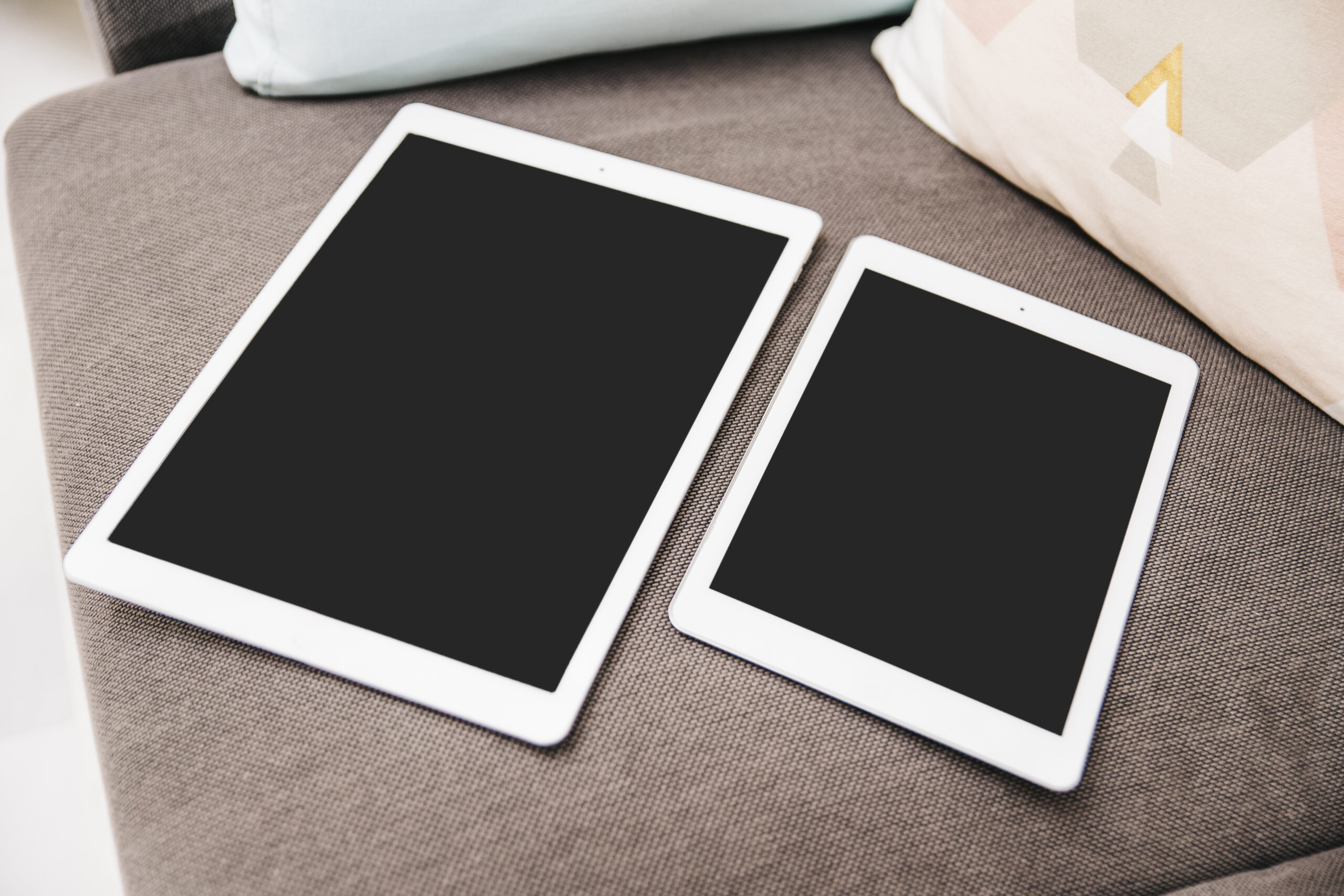When it comes to selecting a tablet, the decision often boils down to whether you should opt for an iPad or an Android tablet. Each offers distinct advantages and caters to different preferences and needs. Let’s delve into the comparison to help you make an informed choice.
Design and Build Quality
iPad: Apple’s iPads are renowned for their premium build quality and sleek, aluminum designs. They boast a minimalist aesthetic that exudes sophistication, making them not only durable but also stylish. From the compact iPad Mini to the powerful iPad Pro, Apple ensures consistency in quality across its range.
Android Tablets: Android tablets come in diverse designs and build materials, catering to various price points. Whether it’s Samsung’s Galaxy Tab series with its polished metal finishes or Lenovo’s budget-friendly offerings, Android tablets offer flexibility in design and build quality to suit different preferences.
Operating System and User Interface
iPad: iPads run on iOS, Apple’s intuitive and responsive operating system. Known for its simplicity and uniformity across devices, iOS ensures a seamless user experience with regular updates and a curated App Store specifically optimized for iPad apps.
Android Tablets: Android tablets operate on the Android OS, offering more customization options compared to iOS. With features like widgets, customizable home screens, and the ability to install apps from sources beyond Google Play, Android provides flexibility tailored to user preferences.
App Ecosystem
iPad: The App Store for iPad boasts a vast selection of tablet-optimized apps across categories like productivity, creativity, and gaming. Developers often prioritize iOS for app development, ensuring high-quality and optimized apps for the iPad’s hardware.
Android Tablets: While the Google Play Store offers a wide range of apps, the selection of tablet-optimized apps may not be as extensive as on the iPad. However, Android tablets benefit from Google’s suite of apps and services, including Google Assistant, and compatibility with various third-party apps.
Performance and Hardware
iPad: iPads are powered by Apple’s proprietary A-series chips, known for their high performance and efficiency. This hardware-software integration enables iPads to excel in multitasking, gaming, and creative tasks while maintaining battery life.
Android Tablets: Hardware specifications vary widely among Android tablets, ranging from budget processors to high-end chipsets like Qualcomm Snapdragon. Some Android tablets offer expandable storage options via microSD cards, catering to users needing additional storage flexibility.
Ecosystem Integration
iPad: Apple’s ecosystem is tightly integrated across devices, including iPhones, Macs, and other Apple products. Features like Handoff, iCloud synchronization, and continuity of apps provide a seamless experience for users within the Apple ecosystem.
Android Tablets: Android tablets integrate with Google services and apps, allowing synchronization across devices via Google Drive, Gmail, and other Google services. They also support connectivity with other Android devices and compatible smart home gadgets.
Price Range
iPad: Apple’s iPads are positioned in the mid-to-high-end price range, offering models like the affordable iPad Mini and iPad Air to the premium iPad Pro. This pricing reflects Apple’s focus on quality and premium features.
Android Tablets: Android tablets span a wide price spectrum, from budget-friendly options to premium models that rival the iPad Pro in features and performance. This diversity makes Android tablets accessible to users with varying budgets and preferences.
Conclusion
Choosing between an iPad and an Android tablet hinges on your specific needs, preferences, and budget. If you value a premium build, seamless ecosystem integration, and a curated app experience, an iPad might be the ideal choice. On the other hand, if you prefer customization options, diverse hardware choices, and integration with Google services, an Android tablet could better suit your requirements.
Consider how you’ll use the tablet, whether for work, entertainment, or creativity, and which ecosystem—Apple’s cohesive environment or Google’s expansive flexibility—aligns better with your digital lifestyle. By weighing these factors, you can confidently decide whether an iPad or an Android tablet is the best fit for you.
Read This Blog- Top 10 Noise Cancellation Headphones of 2024: Best Picks for Silence

